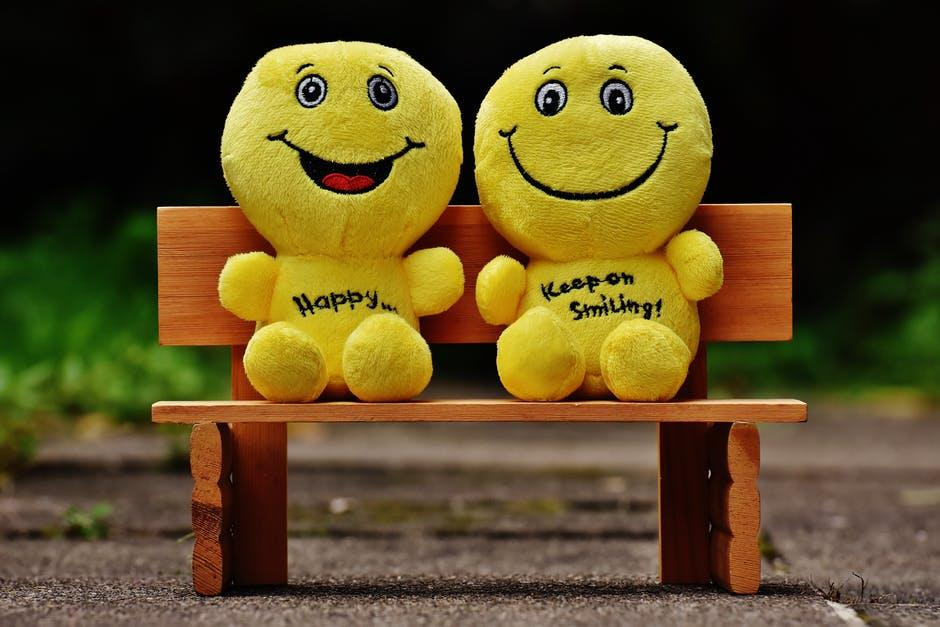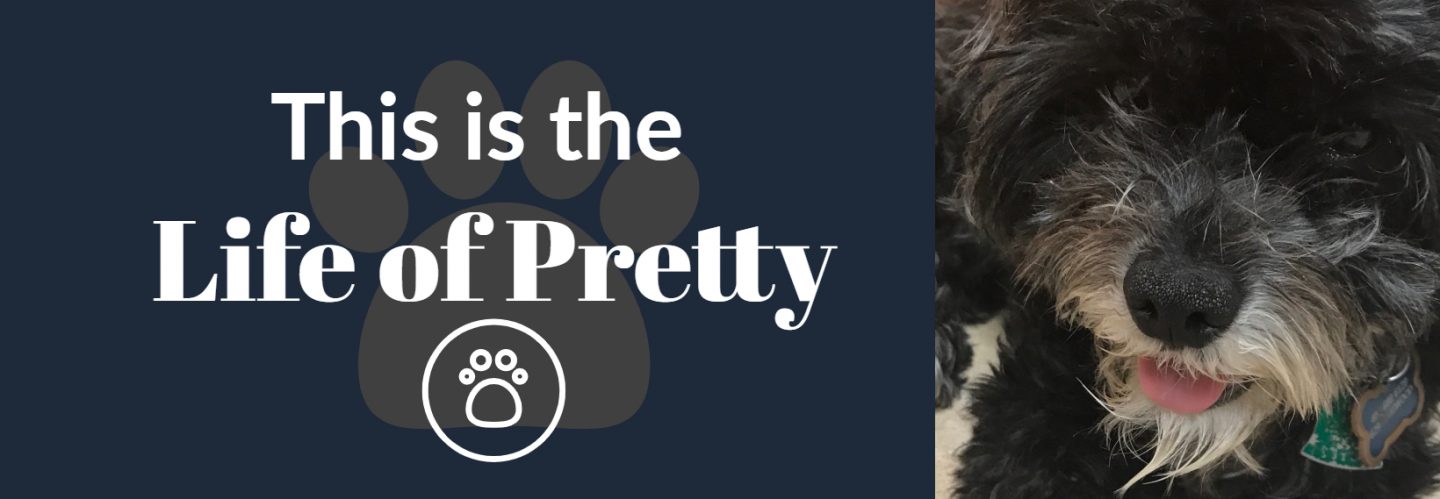
The idea of happy varies from person to person. Overall, happiness is a feeling of positive, emotional contentment, pleasure or well-being people experience within their lives.
Happiness, according to psychologists and Buddhist monks alike, “encompasses living a meaningful life, utilizing your gifts and your time, living with thought and purpose”. Even with this definition from the powers that be, everyone is going to have a different idea behind their own meaning of happiness, and that is what makes us all unique. Whether its spending time with family and friends, going out to a place you enjoy to relax, or having fun with your children, happiness is different for everyone, and we all just want to be happy.
Is There Really a Science Behind Happiness?
She Blinded Me with Science:
No, I’m not going into this long drawn out science lesson. But there is a major connection between science, genetics, and happiness. Some people say happiness is self-accomplished but sometimes is it really?
We work, study, socialize with others. We display passion for helping people to make a difference, but sometimes it can still seem like things are missing in our lives. True?
Well, our brain, you know, that amazing organ that store billions of ideas, memories and keeps us going? Well, as we know, it’s responsible, (so to speak, with our influence), for our happiness, not to mention all other emotions and body functions!
Yes, our brain even influences our happiness. It’s pretty much run by several chemicals, known as neurotransmitters. These chemicals are released by our brains, so we can experience an array of emotions, from happiness to sadness, each chemical contributes to a different mood.
Strong imbalances in these “messengers” that transport information in our body from one cell to another are affiliated with several mental disorders. When people have a disruption in these messages that travel from the brain to various organs, the result can be things like mental disorders including Parkinson’s disease, depression, insomnia, drastic changes in their weight, addictions and Attention Deficit Disorder.

OK, Neuro-What?
Those “funny” things I mentioned earlier, Neurotransmitters. Well, they send messages from our brain throughout our bodies that control physical and psychological functions like our moods, sleep cycle, appetite and heart rate.
Here’s the way they can influence our happiness:
- OXYTOCIN: Oxytocin stands for love. Looking into another person’s eyes. Cuddling, holding hands, kissing, hugging or getting a massage all increase levels of happiness. Our oxytocin increases dramatically with social interaction and loving relationships.
- DOPAMINE: Dopamine encourages pleasure. Eating foods rich in antioxidants help the body produce more dopamine. Foods like almonds, low fat dairy, seeds, fresh fruits and fresh vegetables.
- SEROTONIN: Serotonin supports confidence. These levels increase positive mood, sex drive, sleep, memory and appetite. Consuming foods rich in tryptophan, exercising, enjoying the sunlight, meditation and even practicing yoga can help increase your serotonin, which can up your happiness.
- ENDORPHINS: Endorphins are the body’s pain-killer. Exercise and laughter, smelling vanilla, eating spicy food or chocolate, and listening to music can decrease stress and pain responses.
- ADRENALINE: Adrenaline stands for energy. Produced as a result of fight/flight response to stressful or dangerous situations. Dancing or participating in other activities that make you excited increase these levels.
- GABA: Participating in Yoga, like my husband and I started again tonight, meditation, (highly encourage this daily) and exercising. Trying things like Chamomile, Green Tea, tomatoes, seafood and rice can help too!
As Americans, we tend to go for the “quick fix” to make us feel better, like eating junk food. You know, the fatty or sugary food-like substance you eat to suppress any negative feelings that you encounter.
Instead of turning to the quick fix (that you already know isn’t good for you), try a combination of these body positive ways to help deal with stress and find your happy.
*Increasing your personal happiness:
- EXPRESS GRATITUDE: when you appreciate what you have, it seems to mean so much more.
- SUPPORT OPTIMISM: people who look at the positive see endless opportunities, rather than barriers or impossibilities, especially when things get tough.
- AVOID COMPARING YOURSELF AND OVER THINKING: comparing yourself to someone else can be toxic to your self-esteem and encourage negativity.
- PRACTICE ACTS OF KINDNESS: helping someone else without expecting anything in return is a fantastic and influential way to feel good inside.
- ENCOURAGING SOCIAL RELATIONSHIPS: some of the most content people are those who have deep, meaningful relationships.
- FORM DIFFERENT MECHANISMS FOR COPING: have strategies for coping BEFORE things happen.
- LEARN TO FORGIVE: holding resentful feelings hurts your overall well-being.
- INCREASE FLOW EXPERIENCES: flow is a state in which it feels like time stands still… like when we are saying “getting in the FLOW.”
- APPRECIATE LIFE’S PLEASURES: real, true happiness cannot exist without slowing down to enjoy the little things.
- COMMIT TO YOUR GOALS: magical things start happening when we commit ourselves to doing whatever it takes to get somewhere.
- PRACTICE SPIRITUALITY: when we practice spirituality, whether you pray to God, Buddha, Jehovah, Vishnu, or the rose bush in your yard, we recognize that life is bigger than us.
- TAKE CARE OF YOUR BODY: looking after your body, physically and mentally, is crucial to be the happiest person you can be.
So next time you blame someone else, a situation or some remote experience for your unhappiness, remember this…. HAPPINESS IS a state of mind……
Take care…. And Be Happy…
